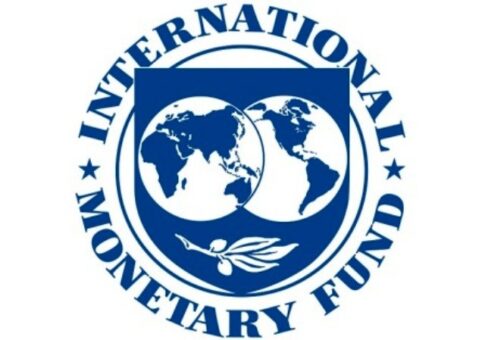The International Monetary Fund (IMF) has concluded its latest assessment of the United States economy, highlighting both strong points and areas requiring attention.
Positive Signs: Strong Job Growth, Disinflation
The report commends the US economy’s robust performance in recent years. Activity and employment have surpassed pre-pandemic expectations, with a remarkable 16 million new jobs created since late 2020. Although inflation surged in 2022, the Federal Reserve’s response with interest rate hikes has successfully steered it back towards the target of 2%. This “disinflation” process, aided by increased productivity and immigration, has had a minimal negative impact on economic activity.
Challenges: Inequality, Public Debt, Banking Vulnerabilities
Despite these positive trends, the IMF identified several key challenges. Income and wealth gains haven’t been evenly distributed, with poverty rising back to pre-pandemic levels. The general government fiscal deficit and debt are projected to remain significantly higher than pre-pandemic forecasts. The IMF calls for a “frontloaded fiscal adjustment” to address this, suggesting a combination of revenue-raising and spending-control measures, with some funds directed towards poverty alleviation programs.
The report also highlights potential vulnerabilities in the banking system, urging the US to fully implement remaining Basel III banking regulations, increase regulatory requirements for mid-sized banks, and strengthen oversight practices.
Addressing Corruption, Immigration, and Trade
The IMF welcomes the US commitment to fighting corruption and encourages further action based on recommendations from the OECD Working Group on Bribery. Additionally, the report acknowledges the positive impact of immigration on the economy and suggests implementing a more orderly approach to immigration policy.
Finally, the IMF expresses concern about rising trade restrictions and domestic content provisions implemented in recent fiscal programs. They urge the US to dismantle these obstacles to free trade and focus on boosting competitiveness through investments in workers and infrastructure. Collaboration with international partners to strengthen the World Trade Organization and uphold a rules-based multilateral trade system is also seen as crucial.
Overall, the IMF acknowledges the US economy’s resilience but emphasizes the need to address issues of inequality, public debt, and financial vulnerabilities. Taking decisive action in these areas can ensure a more sustainable and inclusive economic future for the United States.
